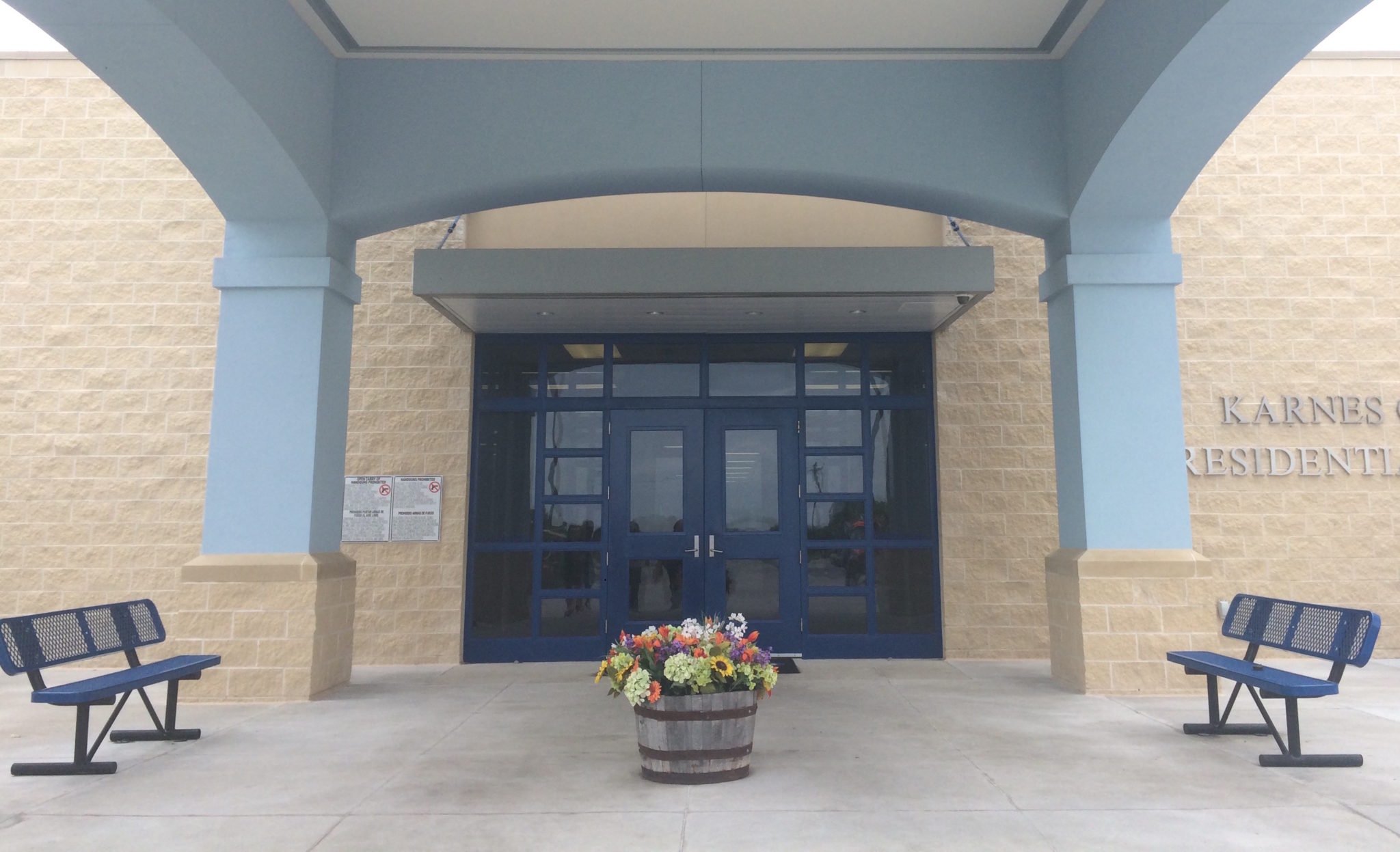
One in 10 Kids Locked Up in Texas Report Sexual Abuse
But TJJD says internal numbers don't support results of federal survey.

Above: More than 22 percent of youth in the Corsicana Residential Treatment Center reported sexual victimization in the last year.
More than 11 percent of juveniles locked up in Texas’ state-run facilities reported being sexually victimized in the last year, according to a new report from the U.S. Department of Justice.
That’s higher than the national average of 9.5 reported in the study, but well below what kids reported the last time the DOJ did this survey, in 2008. At that time, of course, Texas wasn’t too far removed from the sex abuse scandal that prompted a major makeover of our juvenile justice system.
The new federal study is the second National Survey of Youth in Custody, part of a larger data collection effort stemming from the 2003 Prison Rape Elimination Act. Nationwide, 2.5 percent of youth reported forced sexual activity with another youth, while 7.7 percent reported any sexual contact with a staff member. The federal report ties the drop in sexual victimization to three things: smaller youth lockups around the country, less time spent locked up and better relationships with staff members.
ProPublica reported on the federal study earlier this month, under the headline “Rape and Other Sexual Violence Prevalent in Juvenile Justice System“—but Texas is a special case. The widespread abuse the Observer reported in 2007 made that clear years ago. Curbing sexual abuse in youth lockups has been at the heart of juvenile justice reforms here over the last few years, including smaller juvenile lockups, internal investigations, new cameras and anonymous complaint lines. After 20 percent of Texas youth reported sexual abuse in the last federal survey, state officials commissioned a report on the problem.
Years into such major reforms, we should be way out ahead of other states—so why, according to this DOJ study, does Texas still have the 14th-highest rate of reported sex abuse?
According to spokesman Jim Hurley, Texas is ahead of other states—you just can’t tell based on a survey like this. “It’s totally anonymous, there’s no way to go back and check up on them,” he says. “It’s really hard when you don’t have the ability to do follow-up to determine the validity of those things.”
Hurley says TJJD got 11,446 complaints from youth last year through its new system, and 131 of them “involved some sort of sexual allegation.” Contrary to the DOJ survey, the minority of those—45 complaints—involved staff members. The agency’s independent Office of Inspector General found evidence of a crime in six cases, Hurley says, of which three were declined by local prosecutors and two resulted in no-bills from a grand jury. Just one of those 131 sexual abuse complaints last year resulted in a conviction, he says. The Observer reported on these issues—why inmates might file false complaints, and why prosecutions are so low—in a 2010 feature as well.
“We don’t want to make light of the DOJ report, but we know that kids overreport this kind of thing. We saw what some of the questions were when they were coming in, and we thought some of the kids might have a hard time understanding the questions.” (The questions, like, “Have you had any other kind of sexual contact with someone at this facility?” are listed here.)
The federal survey also comes just a month after another big report on Texas’ juvenile system found that “youth do not report sexual assault to be a significant problem.”
That one, from Michele Deitch at the University of Texas at Austin’s LBJ School of Public Affairs, was a special report to TJJD’s ombudsman in response to the spike in violence at juvenile facilities last year. That report comes with a handful of recommendations for cutting down on violence—a new behavior management plan, for one, and a new approach to housing mentally ill youth—but doesn’t recommend any changes related to sexual abuse. “Importantly, given the agency’s history, youth report that sexual assault is extremely uncommon,” the report says.
“Our data does not support the numbers that the DOJ has in their report, and I do feel like we’re very thorough in making sure our kids are safe and investigating any allegation,” Hurley says. “If you look around the nation, everybody is fighting the same issues. … It is nice to be on the leading edge.”


